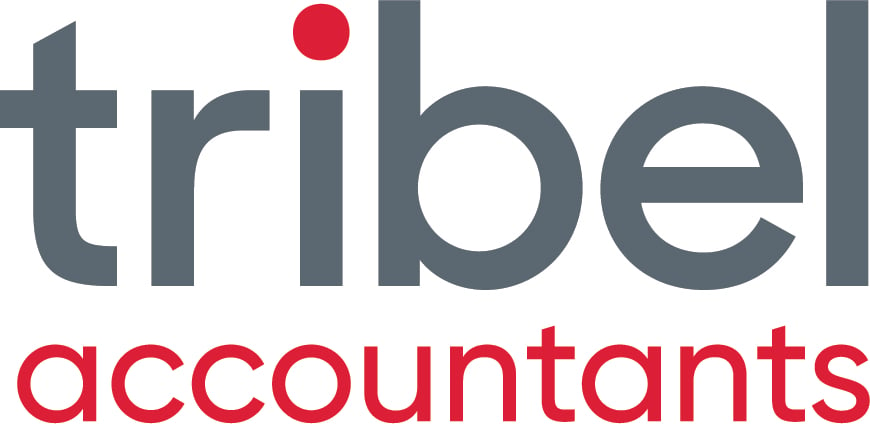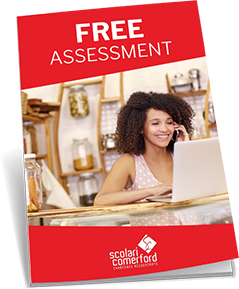INTRODUCTION:
Many of you that follow my blogs will know that we stress the need to look at your own business valuation and get it to a state so that it's saleable at the price you want, when you want. However today we look at some tips on how to buy a business and figuring out when an opportunity might be staring you right in the face. John Warrilow's Built To Sell Radio has some great examples of people who have bought and sold for gains well in excess of millions. Steve Huey was an investor who identified the Learning House as an opportunity. This company was run by a professor and its products were online course which were sold to colleges in the US. Steve bought the business for $2.7 mill in 2007 and sold it 5 years later for $27.5mill. Some of the key learnings are listed below.

Figure 1: Just like doing a makeover for a house or building, a business can be bought cheaply and sold at a tidy sum! Photo courtesy Lara Scolari Gallery Exquisite Abstract Art Balmain
1. Identify Improvements
When you look at a business, get an understanding of how it is run and whether it is making the most of its target audience. It's always good if it's generating cash and some profits but could these be made much higher? Steve Huey established a strategy that understood that the Learning House:
- did not have a professional sales team (the professor was doing it himself);
- the colleges were willing to pay more if it helped attract them more students;
- required more skill sets to make more salesand so he factored in a professional sales team.
2. Decide If Investors Are Required
Having established a strategy that he could see what would be required to improve sales and profits, after doing cash flow forecasts and three way budgets with his small business accountants, Steve worked out he would need investors to inject approximately $4,000,000. He was able to find this money quickly because he had worked successfully with them in previous projects he had been involved with so that was key to the overall transaction.
Here's what he did:
- established the purchase price (which was accepted by the vendor);
- he modelled with the injection of funds what the business would be doing in cash flow and profits over 5 years;
- showed this to the investors and got them to pay a price that effectively meant his share cost him nothing! You could call this a finders fee I suppose.
To do this you therefore need to know:
- the business valuation before you buy it;
- identify strategy that will improve its performance;
- reasonably predict what the business valuation will be in 5 years time;
- pitch to investors which will still give them a very high return on their monies invested.

Figure 2: If you want to keep investors happy, provide them with a solid plan to make money with their investment. Photo courtesy Balmain Baz & Lara Scolari Gallery Exquisite Abtract Art Balmain
3. Valuations Of Recurring Revenue
As I've said before, businesses that have recurring revenue will continue to get higher business valuations. Steve had worked out from his business valuers and banks that the business was worth between 2 times and 10 times recurring revenue. When the time came to sell, he was confident with between 4 times and 7 times as his range (he ended up getting 5).
He made sure that the books were 'clean' by getting due diligence performed well before he was approached.
Due diligence gives you options when selling for either:
- earn out (selling the business but only receiving final proceeds if certain levels such as income are met); or
- escrow (receiving final payment if representations were made during the sale negotiations were factual).
As he knew the books were clean after due diligence, he opted for escrow and received the total sale price agreed.
4. Be Able To Show Potential Purchasers Their Opportunities
When selling, it always helps if you can identify further opportunities for the purchaser which is exactly what Steve did. Not only had he worked these out when he bought but he provided these to the purchaser when he went to sell. Business valuers Sydney will also look at these when assessing the business's worth.
CONCLUSION:
Not everyone is going to be a Steve Huey when looking to buy and sell a business. It certainly assists though to know some of the things he did and get you thinking how you might be able to apply them with your situation.
Afer all, it's how people get ahead.



.png?width=100&height=100&name=COVID_Safe_Badge_Digital%20(002).png)



